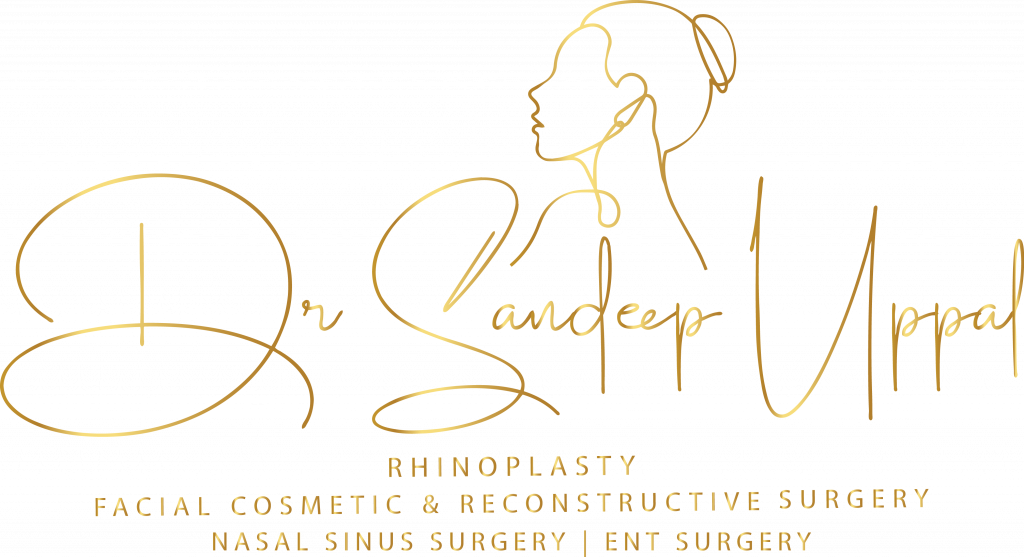Do you often struggle with nasal congestion, sneezing, or sinus pressure and wonder what’s causing it? Many people confuse allergies with sinusitis because the symptoms can overlap, but understanding the difference is key to getting the right treatment and relief.
What are Allergies

Allergies occur when your immune system overreacts to harmless substances like pollen, dust mites, or pet fur. This reaction triggers the release of histamines, leading to symptoms such as:
- Sneezing
- Runny or stuffy nose
- Itchy or watery eyes
- Post-nasal drip
These symptoms persist as long as you’re exposed to the allergen, making it important to identify and avoid triggers whenever possible.
What Is Sinusitis?

Sinusitis is an inflammation of the sinus cavities, often caused by:
- Infections (viral, bacterial, or fungal)
- Allergies
- Structural issues in the nasal passages
When your sinuses are inflamed, they can become blocked, leading to:
- Facial pain or pressure
- Thick nasal discharge (yellow or green)
- Fatigue and low energy
- Headaches or ear discomfort
Sinusitis can be acute (lasting less than four weeks) or chronic (lasting months and significantly affecting your daily life).
Key Differences Between Allergies and Sinusitis
Dr. Sandeep Uppal, ENT Specialist and Rhinologist at The ENT Clinic, explains:
“While allergies can cause long-term discomfort as long as allergens are present, sinusitis often arises after an infection or a cold. Recognizing the difference is vital for proper treatment.”
If your symptoms include itchy eyes, sneezing, or worsened discomfort during allergy seasons, allergies might be the culprit. However, if you experience facial pain, thick nasal discharge, or ongoing congestion following a cold, sinusitis is more likely.
How Are Allergies Treated?
Treating allergies involves reducing your body’s reaction to allergens. Common treatments include:
- Nasal saline rinse
- Oral antihistamines
- Nasal sprays (antihistamine or very mild steroid-based)
- Lifestyle changes to avoid triggers
Dr. Sandeep adds, “For those with severe or persistent allergies, immunotherapy (allergy shots) can help build long-term tolerance and provide lasting relief.”
How Is Sinusitis Treated?
Sinusitis treatment depends on its cause. Options may include:
- Saline nasal rinses to clear blockages
- Decongestants to reduce swelling
- Antibiotics (if a bacterial infection is present)
For chronic sinusitis or cases associated with nasal polyps, advanced treatments like sinus surgery may be necessary if medical management isn’t effective.
When to Seek Professional Help
If you’re unsure whether your symptoms are caused by allergies or sinusitis, consulting a specialist is the first step to relief. Persistent symptoms or severe discomfort should never be ignored.
Dr. Sandeep advises, “Getting the right diagnosis early prevents complications and ensures effective treatment tailored to your needs.”
By identifying whether your symptoms stem from allergies or sinusitis, you can regain control over your health and enjoy a more comfortable, symptom-free life. Don’t let nasal issues disrupt your daily routine—take action today and breathe easier!
If you’re ready to find lasting relief, contact The ENT Clinic to book a consultation. Together, we’ll develop a treatment plan to help you feel your best.
- What are the most common misconceptions about allergies and sinusitis?
- Misconception: Allergies and sinusitis are the same condition.
- Fact: Allergies involve an immune system response to allergens, while sinusitis is inflammation or infection of the sinus cavities.
- Misconception: Sinusitis always requires antibiotics.
- Fact: Many sinusitis cases, especially viral ones, resolve without antibiotics. Overuse can lead to antibiotic resistance.
- Misconception: Sinusitis is only caused by infections.
- Fact: Structural issues like a deviated septum, enlarged or mis-shaped turbinates, nasal polyps, or chronic allergies can also cause sinusitis.
- What lifestyle changes or preventive measures do you recommend for those prone to allergies or sinusitis?
- For Allergies:
- Use HEPA-filter air purifiers to reduce allergens indoors.
- Shower after being outdoors to remove pollen from hair and skin.
- Regularly clean upholstery, curtains, and bed linen in hot water or steam them to reduce dust mites.
- Avoid known triggers like pet dander, mould, and pollen.
- For Sinusitis:
- Use saline nasal rinses to maintain clear sinuses.
- Stay hydrated to keep mucous membranes moist.
- Avoid smoking or exposure to second-hand smoke.
- Address nasal blockages, such as deviated septum or polyps, through medical or surgical intervention.
- How does climate or seasonal changes affect allergies and sinusitis?
- Allergies: Seasonal pollen surges can trigger symptoms—tree pollen in spring, grass in summer, and ragweed in autumn. Humidity can increase mould spores, exacerbating allergies.
- Sinusitis: Cold, dry air in winter can dry out nasal passages, making them more susceptible to infections. Conversely, high humidity can encourage bacterial or fungal growth in the sinuses.
- What role do stress and overall health play in the severity of allergies and sinusitis?
- Stress: Weakens the immune system, increasing vulnerability to infections and allergic responses.
- Overall Health: A balanced diet, regular exercise, and sufficient sleep can bolster immunity and reduce the impact of symptoms for both conditions.
- Are there specific populations more susceptible to either allergies or sinusitis?
- Allergies: Those with a family history of asthma, eczema, or allergic rhinitis, as well as children and young adults, are more prone to allergies.
- Sinusitis: Individuals with structural nasal issues (e.g., deviated septum, nasal polyps), chronic respiratory conditions, or a weakened immune system are at higher risk.
- Can you discuss the relationship between allergies and sinusitis? How can one condition lead to the other?
Allergies can cause swelling and inflammation of the nasal passages, obstructing sinus drainage and leading to collection of mucous in the sinuses. This blockage creates a moist environment conducive to bacterial or fungal growth, leading to sinusitis. Effective allergy management reduces the risk of sinusitis development.
- What advances in treatment options should patients be aware of?
- Biologic Therapies: Target specific immune pathways, such as dupilumab for chronic sinusitis with nasal polyps.
- Minimally Invasive Surgery: Functional Endoscopic Sinus Surgery (FESS) or balloon sinuplasty can effectively manage chronic sinusitis.
- Immunotherapy: Allergy shots or sublingual tablets desensitize the body to allergens, providing long-term relief.
- Posterior Nasal Nerve Ablation: Reduces sneezing and nasal discharge in severe allergic rhinitis.
- Are there any common triggers that patients often overlook?
- For Allergies: Dust mites in bedding and carpets, mould in damp areas, and pet dander are commonly missed.
- For Sinusitis: Dental infections, overuse of nasal decongestants, and structural problems like deviated septum or nasal polyps.
- Environmental Factors: Exposure to tobacco smoke, air pollution, and low humidity in winter months.


